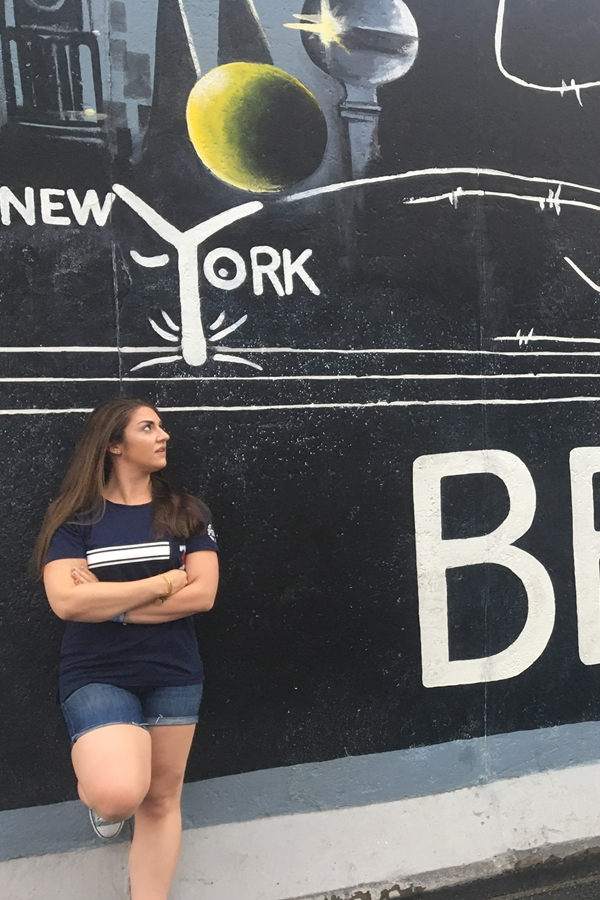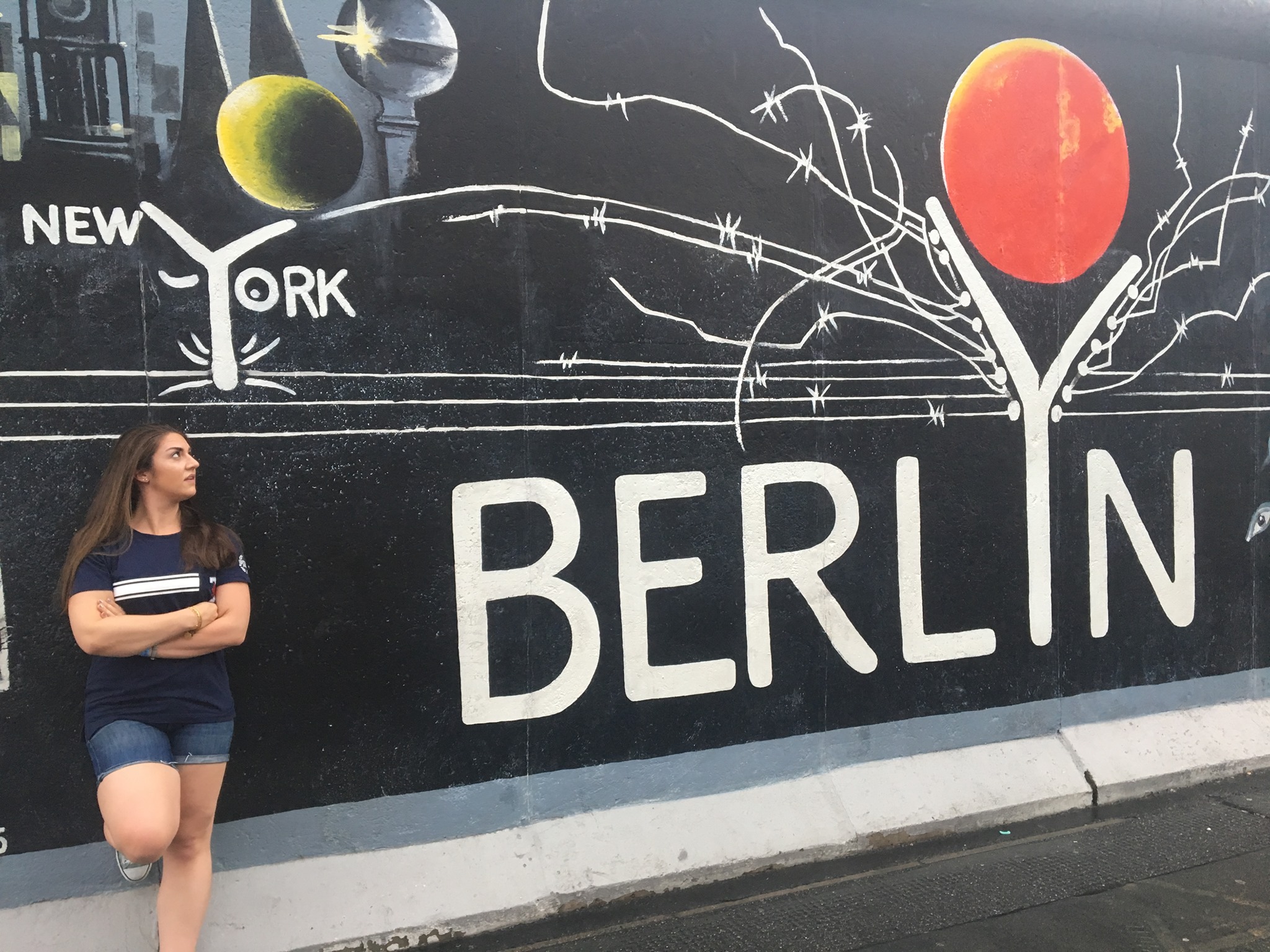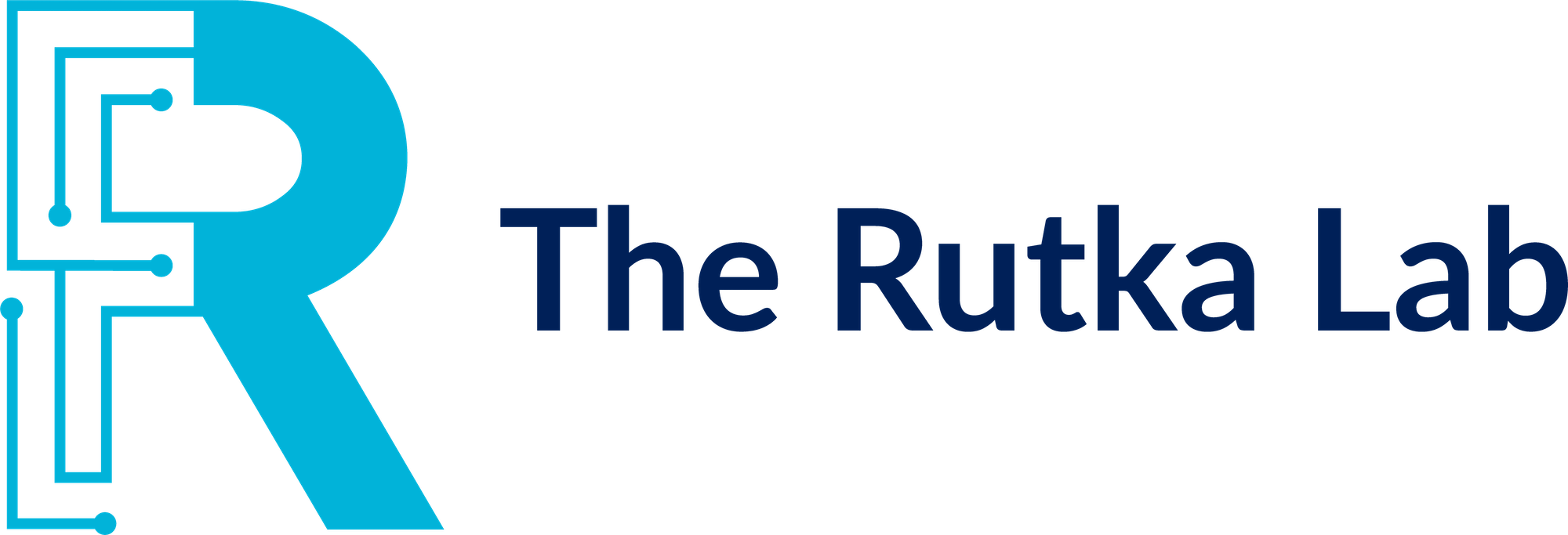Alexandra Riemenschneider
About me
My name is Alexx Riemenschneider, I’m a current PhD student with the Rutka lab and Ramaswamy lab. I previously completed my Master’s of Science degree with the Rutka Lab, and have worked in brain tumour research both here in Toronto and abroad.
Why Science
My interest in science started in high school when I wanted to get into forensics, thanks to many hours spent binging TV shows like CSI and Criminal Minds. In university, I thought I would pursue behavioural science, because I became really interested in neurobiology. Not quite as exciting as putting on sunglasses and delivering walk away one-liners, but there is still so much to learn about the brain, and I was really interested in my courses. I always thought cancer research was out of reach to someone so junior in the scientific world as myself, until, in my undergrad, I applied to be a summer student working at the BTRC. Here, I became immersed in the world of brain cancer research. Research is definitely the best place for me – it’s always changing and always interesting. Sometimes my project feels like a puzzle – there are many ways to go about answering the questions my project brings. When something isn’t working out, you can find another technique to use to try to answer the question you’re asking. I’m always hopeful my research will lead to something bigger, like a building block other researchers can use to guide their projects such that patient treatment can become more personalized and better outcomes can be achieved.
What is your favourite part about working at the BTRC?
My favourite part of the BTRC is the people who work here. We spend a lot of time in the lab, and it’s made better by the people I work with. They are kind, friendly, and approachable. The people here at the BTRC are always willing to provide feedback and support; there’s always someone who can help answer any question you may have, or direct you to a different resource who can.
What advice do you have for anyone interested in a career in science?
I really think anyone can be a scientist. What we do isn’t necessarily difficult, you just have to understand what experiments you need to do to try to answer the question you’re asking. Science is for anyone with passion. That’s probably the one thing you really need: passion. There are amazing days, there are days you get the results you’ve been working so hard for, but there are also many long days, there are frustrating days, and sometimes it feels like your project just isn’t progressing. The passion for what you do is what brings you back into the lab day after day to try again. Taking breaks is important and vital. Reaching out for help and guidance is important – you will never know everything, and that’s okay. Nobody does. Science is always changing and evolving – we are always learning. Be open to always learn and let new information help shape your scientific approach.
Hobbies and interests?
I’ve always enjoyed sports, and I’ve kept that up throughout my life. I play volleyball, and badminton. I really enjoy going for runs through the city, to see everything going on around me outside of the lab. I really enjoy visiting all of the museums and galleries Toronto has to offer, so I often go to new exhibits. Spontaneous outings to new restaurants and pop-up experiences are a must!
If a celebrity were to play you in a movie about your life, who would it be and why?
Sandra Bullock, hands down. I love so many of her films, and I relate to a lot of her characters. I think her range in comedies and dramas are a perfect mix of my personality.

Alexandra Riemenschneider

About me
My name is Alexx Riemenschneider, I’m a current PhD student with the Rutka lab and Ramaswamy lab. I previously completed my Master’s of Science degree with the Rutka Lab, and have worked in brain tumour research both here in Toronto and abroad.
Why Science?
My interest in science started in high school when I wanted to get into forensics, thanks to many hours spent binging TV shows like CSI and Criminal Minds. In university, I thought I would pursue behavioural science, because I became really interested in neurobiology. Not quite as exciting as putting on sunglasses and delivering walk away one-liners, but there is still so much to learn about the brain, and I was really interested in my courses. I always thought cancer research was out of reach to someone so junior in the scientific world as myself, until, in my undergrad, I applied to be a summer student working at the BTRC. Here, I became immersed in the world of brain cancer research. Research is definitely the best place for me – it’s always changing and always interesting. Sometimes my project feels like a puzzle – there are many ways to go about answering the questions my project brings. When something isn’t working out, you can find another technique to use to try to answer the question you’re asking. I’m always hopeful my research will lead to something bigger, like a building block other researchers can use to guide their projects such that patient treatment can become more personalized and better outcomes can be achieved.
What is your favourite part about working at the BTRC?
My favourite part of the BTRC is the people who work here. We spend a lot of time in the lab, and it’s made better by the people I work with. They are kind, friendly, and approachable. The people here at the BTRC are always willing to provide feedback and support; there’s always someone who can help answer any question you may have, or direct you to a different resource who can.
What advice do you have for anyone interested in a career in science?
I really think anyone can be a scientist. What we do isn’t necessarily difficult, you just have to understand what experiments you need to do to try to answer the question you’re asking. Science is for anyone with passion. That’s probably the one thing you really need: passion. There are amazing days, there are days you get the results you’ve been working so hard for, but there are also many long days, there are frustrating days, and sometimes it feels like your project just isn’t progressing. The passion for what you do is what brings you back into the lab day after day to try again. Taking breaks is important and vital. Reaching out for help and guidance is important – you will never know everything, and that’s okay. Nobody does. Science is always changing and evolving – we are always learning. Be open to always learn and let new information help shape your scientific approach.
Hobbies and interests?
I’ve always enjoyed sports, and I’ve kept that up throughout my life. I play volleyball, and badminton. I really enjoy going for runs through the city, to see everything going on around me outside of the lab. I really enjoy visiting all of the museums and galleries Toronto has to offer, so I often go to new exhibits. Spontaneous outings to new restaurants and pop-up experiences are a must!
If a celebrity were to play you in a movie about your life, who would it be and why?
Sandra Bullock, hands down. I love so many of her films, and I relate to a lot of her characters. I think her range in comedies and dramas are a perfect mix of my personality.
Alexandra Riemenschneider

About me
My name is Alexx Riemenschneider, I’m a current PhD student with the Rutka lab and Ramaswamy lab. I previously completed my Master’s of Science degree with the Rutka Lab, and have worked in brain tumour research both here in Toronto and abroad.
Why Science?
My interest in science started in high school when I wanted to get into forensics, thanks to many hours spent binging TV shows like CSI and Criminal Minds. In university, I thought I would pursue behavioural science, because I became really interested in neurobiology. Not quite as exciting as putting on sunglasses and delivering walk away one-liners, but there is still so much to learn about the brain, and I was really interested in my courses. I always thought cancer research was out of reach to someone so junior in the scientific world as myself, until, in my undergrad, I applied to be a summer student working at the BTRC. Here, I became immersed in the world of brain cancer research. Research is definitely the best place for me – it’s always changing and always interesting. Sometimes my project feels like a puzzle – there are many ways to go about answering the questions my project brings. When something isn’t working out, you can find another technique to use to try to answer the question you’re asking. I’m always hopeful my research will lead to something bigger, like a building block other researchers can use to guide their projects such that patient treatment can become more personalized and better outcomes can be achieved.
What is your favourite part about working at the BTRC?
My favourite part of the BTRC is the people who work here. We spend a lot of time in the lab, and it’s made better by the people I work with. They are kind, friendly, and approachable. The people here at the BTRC are always willing to provide feedback and support; there’s always someone who can help answer any question you may have, or direct you to a different resource who can.
What advice do you have for anyone interested in a career in science?
I really think anyone can be a scientist. What we do isn’t necessarily difficult, you just have to understand what experiments you need to do to try to answer the question you’re asking. Science is for anyone with passion. That’s probably the one thing you really need: passion. There are amazing days, there are days you get the results you’ve been working so hard for, but there are also many long days, there are frustrating days, and sometimes it feels like your project just isn’t progressing. The passion for what you do is what brings you back into the lab day after day to try again. Taking breaks is important and vital. Reaching out for help and guidance is important – you will never know everything, and that’s okay. Nobody does. Science is always changing and evolving – we are always learning. Be open to always learn and let new information help shape your scientific approach.
Hobbies and interests?
I’ve always enjoyed sports, and I’ve kept that up throughout my life. I play volleyball, and badminton. I really enjoy going for runs through the city, to see everything going on around me outside of the lab. I really enjoy visiting all of the museums and galleries Toronto has to offer, so I often go to new exhibits. Spontaneous outings to new restaurants and pop-up experiences are a must!


